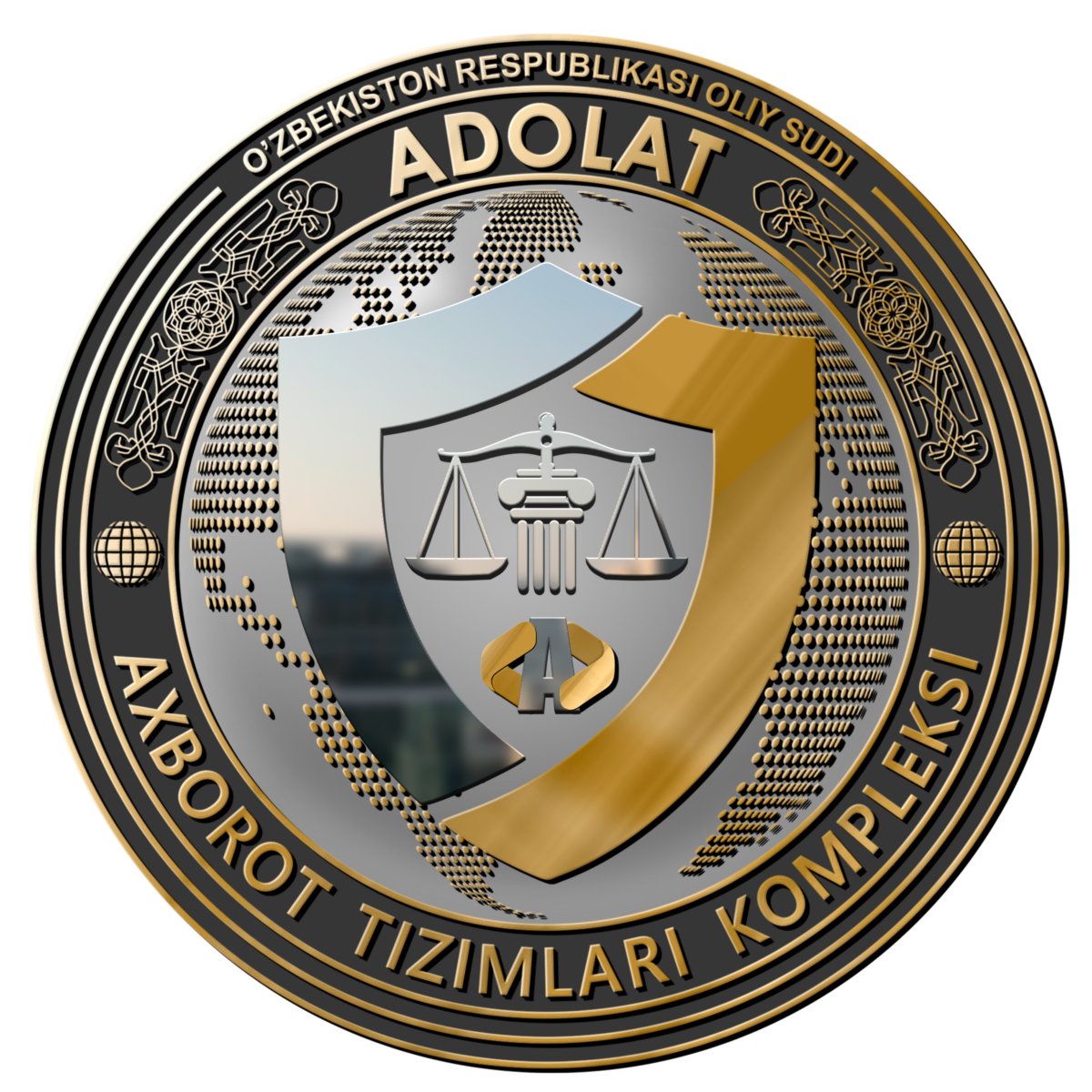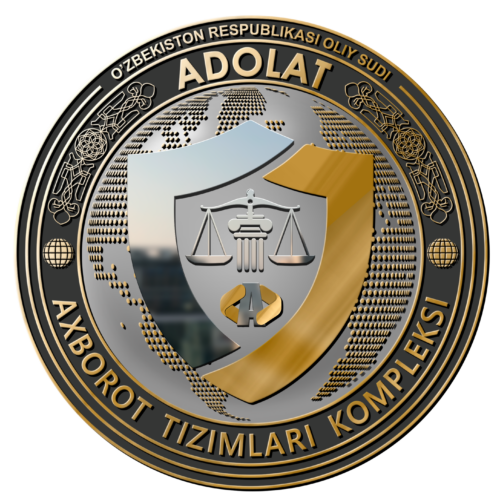
The defendant, previously convicted on unrelated charges and diagnosed as HIV-positive in 2011, was officially registered at a regional AIDS center and repeatedly warned about the legal consequences of transmitting the virus to others. However, the defendant entered into a civil partnership in 2022 and engaged in unprotected sexual relations with his partner from late 2024 onward.
In early 2025, during a routine prenatal check-up, his partner tested positive for HIV. Medical evidence confirmed the timeline of transmission. The defendant admitted full knowledge of his status, acknowledged the risks involved, and expressed regret for his actions.
The defendant admitted guilt, confirmed being aware of the risk and his diagnosis since 2011. He claimed that initial sexual relations were protected but later became unprotected.
His partner confirmed she was not informed of the precise nature of the illness before cohabitation. Despite being infected, she requested leniency, citing her pregnancy, need for care, and lack of alternative support.
The court found the defendant fully guilty of violating Article 113(4) and in line with the principles of legality, proportionality, and rehabilitation outlined by the Supreme Court and Criminal Code (Articles 7, 11, and 57), opted for a non-custodial sentence of 4 years of restriction of liberty, to be served at his place of residence.



